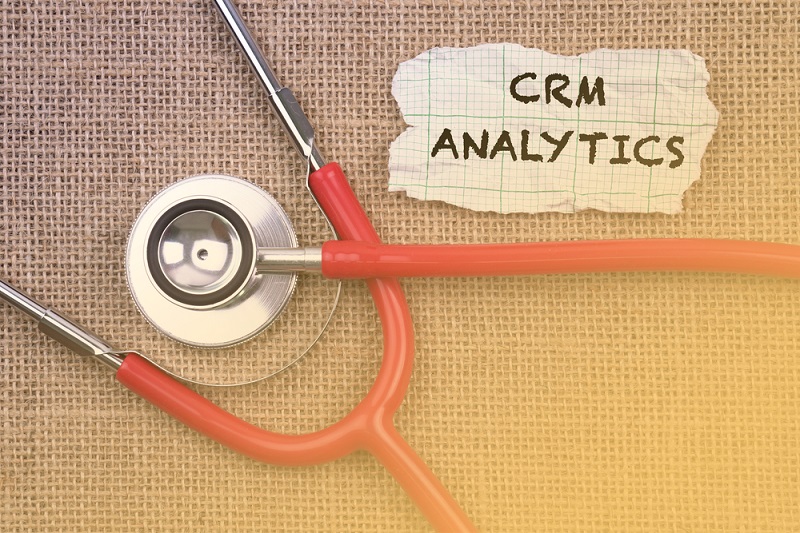Managing massive amounts of data is not an easy task. I am pretty sure that many of you must have had hard times in weeding out some of the most actionable insights. Even after investing in a healthcare customer relationship management software, chances are there that you might probably feel the pressure from leadership to make more data-driven decisions and prove the financial worth of your marketing efforts.
Like it or not, consumers are craving for change in the healthcare industry. Whether it’s about searching or selecting a provider, their ways, expectations from healthcare service provider have completely transformed over the past few years. As a result, you require to provide more value with your products and services because your competition probably does (this includes industries encroaching into the healthcare space). This is when a CRM comes into play.
Earlier CRMs were catapulted into the public’s consciousness but never implemented. Today, the technology is successfully emerging as one of the key drivers in the healthcare industry.
A Detailed Insight into CRM’s Potential
First, with the help of CRM data, one can surely change information, images on the website as well as on all the social campaigns. Apart from this, for better customer experience such technology always ends up offering a more diverse set of behaviors and real-time insights so that professionals can track data in a more timely manner.
Second, improving patient’s acquisition rates and driving revenue becomes pretty easy. Choose a CRM that is capable enough to solve a broader set of business problems for your organization. It may quite interest you to know that CRM can be used:
- To drive cross-sell opportunities for services
- Improve consumer lifetime value with more personalized and relevant interactions
- Expand referrals across service lines
- Close gaps in retention rate by understanding where your consumer experience touch points need help
Third, big data won’t give up its throne easily. Right from keywords used by consumers to web pages they share, big data has a huge potential to transform this unorganized data into actionable insight to enhance your marketing efforts. Professionals will now be able to predict the best offer on the individual basis.
Moving on towards CRM Challenges
Sure, the technology is advancing, but it’s not flawless. Further below I would like to mention a few pointers stating how healthcare CRM can be challenging at times.
First and foremost, before you even think about investing in a healthcare CRM, it becomes very important for the providers to define the objective. The objective can be bifurcated into achieving specific milestones and measurable metrics. Unfortunately, doctors find themselves getting into an absolutely useless and uber-pricy system. As a result, they need a better way to track their leads and clients.
Whether you make use of a CRM software, spreadsheet or even manual method, keeping a track of contracts will provide a great help by enabling better sales and retention down the line. But they might lose important contact information, forget vital information about a particular customer’s preferences or even lose touch with the customer entirely.
Second, do you think Healthcare CRM is the main data source? Probably not! It needs to connect with multiple applications to bring value. In fact, there are several healthcare vendors who have strict policies regarding data access and don’t allow integration, entirely or up to an extent. Professionals require to provide their vendors with an IT infrastructure map to ensure integration from the very beginning. Besides, there is also a PHI retrieval challenge rooted in a contradiction allowing the CRM to automatically centralize data and create a full copy of fetching data or to process patient information from a separate system on demand.
What The Future Holds?
CRMs are right in the spotlight. Today, customers want personalized care experiences, one must find different ways to collect, store, and analyze the vast amounts of data that will help in building great relationships and experiences that will delight and retain them for years to come.

